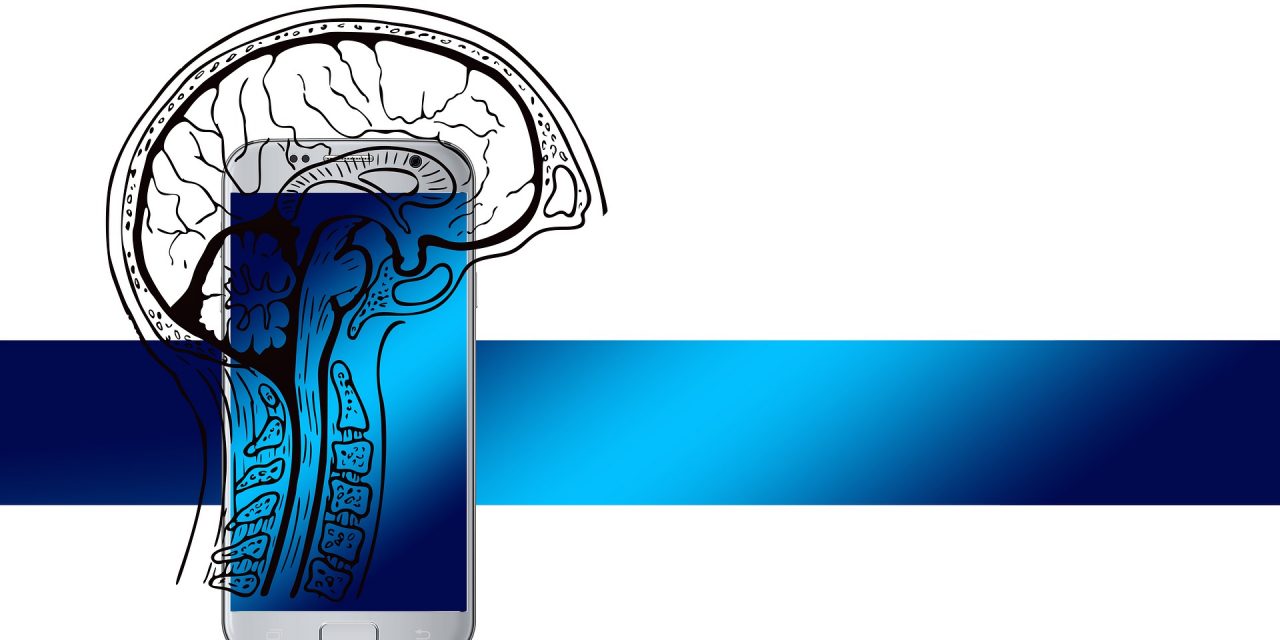Information seeking is an integral part of human nature.
“Google in the 21 century is about searching using the internet. Googling in the 1700s was about looking up things in a book. By the mid-1800s, it was about going down to your neighborhood library. The tools changed, but not the habits” (How Americans found information before the Internet | OUPblog)
Traditionally, looking for information took time and involved physically going to “meet” the information. The process was slow and reflexive, and the amount of information was not as overwhelming as today. Finding information was challenging
Nowadays, obtaining information is quick, easy, and, plentiful: it is merely a click away. Today, the challenge is in processing information and making sense of it, especially because there are so many of them, among which many are fake and/or of poor quality, producing a great deal of noise.
The focus has shifted from accessing information to processing and assessing it… taking a heavy toll on our cognitive abilities.
Veronique Mesguich highlights the eight factors that make information more complex today than ever before. Overabundance, heterogeneity, fragmentation, lack of structuration, continuous updating, multilingualism, sources unreliability, the (impossible) temptation to exhaustivity, and lack of transparency in search engine algorithms. Besides this, I would add the fear of being hacked and the privacy concern. This evidence demonstrates the challenge of handling information in the digital age. But nothing is new, it seems…
“As long as the centuries continue to unfold, the number of books will grow continually, and one can predict that a time will come when it will be almost as difficult to learn anything from books as from the direct study of the whole universe. It will be almost as convenient to search for some bit of truth concealed in nature as it will be to find it hidden away in an immense multitude of bound volumes. When that time comes a project, until then neglected because the need for it was not felt, will have to be undertaken”.
If you replace the words “books” and “bound volumes” with “online information”, doesn’t it bring a contemporary meaning? The quote is from 1775, from Diderot, who already pointed out that making sense of so much information is a challenge … and that a project will have to be undertaken to resolve this issue. Diderot was one of the editors and contributors to the first French encyclopedia. It is interesting to note that he worked with Voltaire who lived just a few miles from the location where the World Wide Web originated.
To conclude this post, let us quote Ian Tattersal, a paleoanthropologist at the American Museum of Natural History in New York « the ability to process information is the main reason we are the only huminin still alive ». He emphasized how information is an integral part of human nature, besides our language capacities and our mental models which allow us to represent the world around us.
For information to be of any value, it must be processed. This has not changed much over time. What is different today, is that we are constantly bombarded and overloaded with a vast amount of information that often paralyzes us. Information navigation and analysis have become considerably more complex and challenging today, almost intimidating. It is as if our brains have not adapted quickly enough to accommodate the new environment.
On top of all this, Google and the likes’ lack of transparency and their use of our data for monetization are complicating things for us: the retrieved results may be biased. Trusting the information we get is the second major challenge for the information seekers of the 2020ies.

